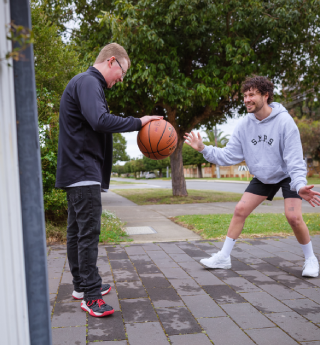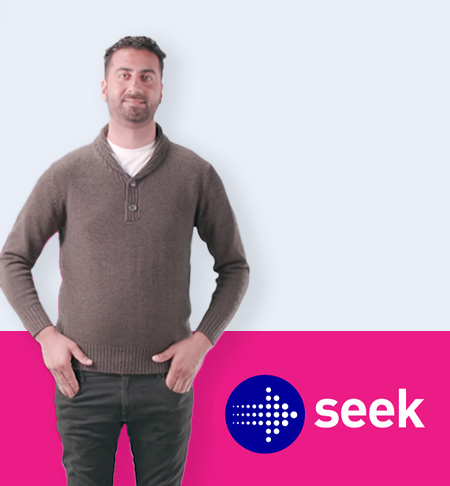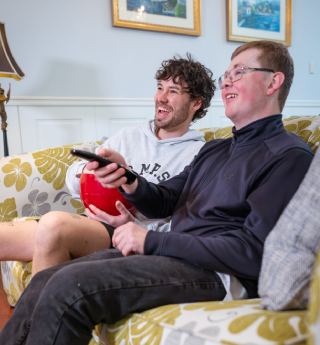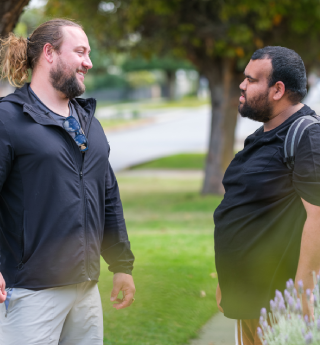Apply For a Job
Before you search, remember that some employers require experience while others don’t, so look out for the right role for you.
Apply online
Visit Seek
Visit Ethical Jobs
Visit Indeed
Visit Jora
Find Out More
National Disability Services (NDS) is Australia’s peak body for non-government disability service organisations, representing more than 1100 non-government service providers.
For more information about NDS and the organisations it works with visit www.nds.org.au.




